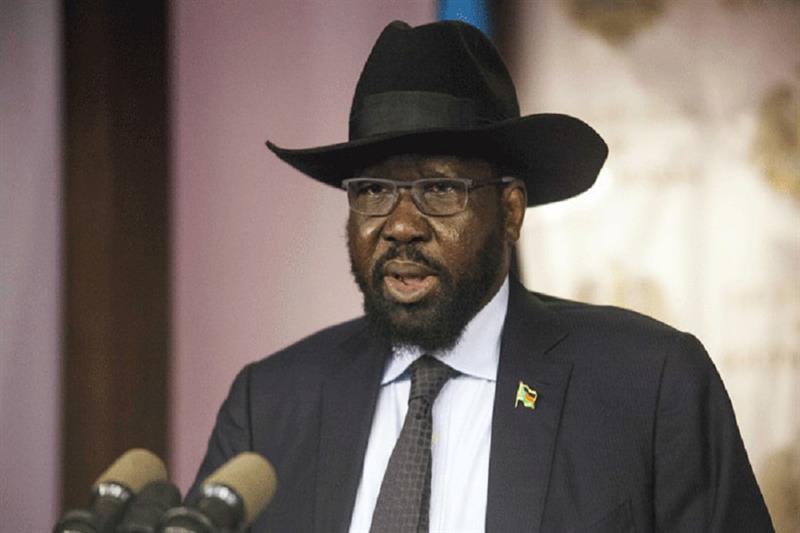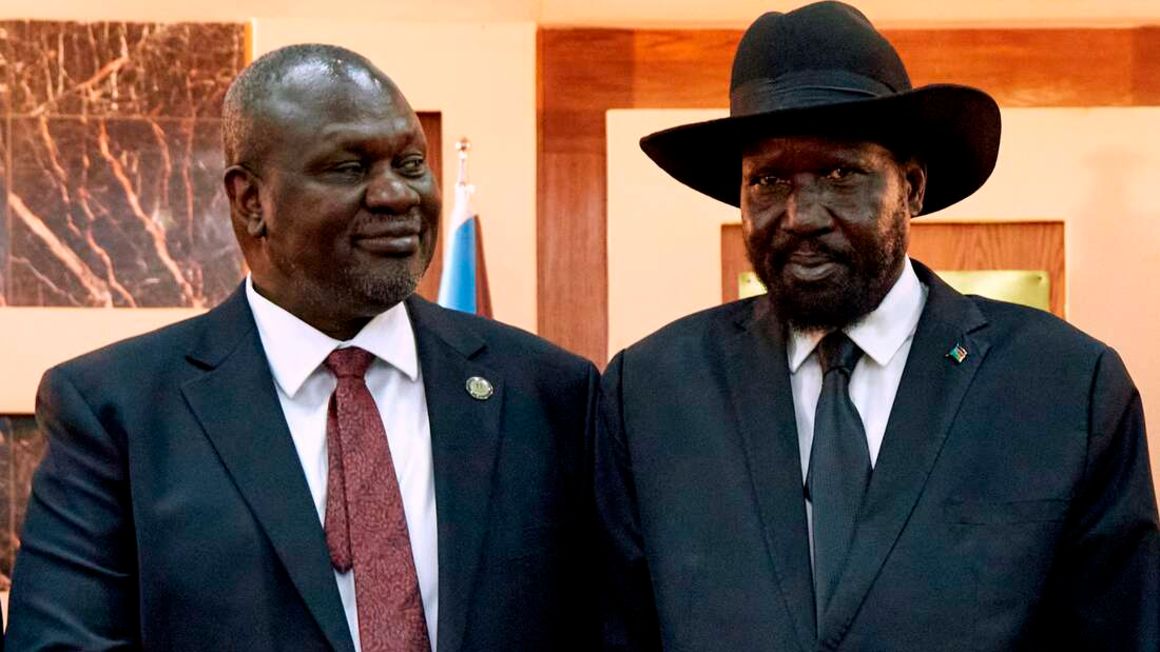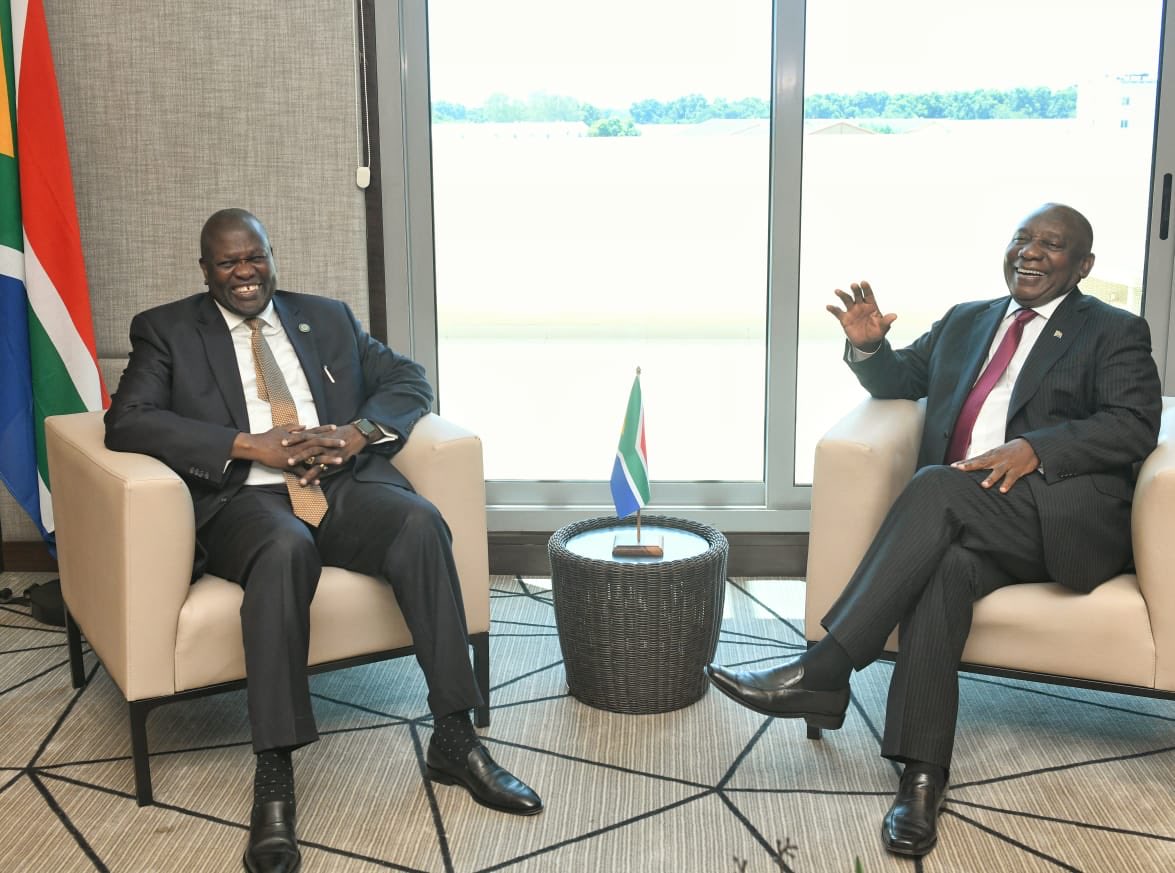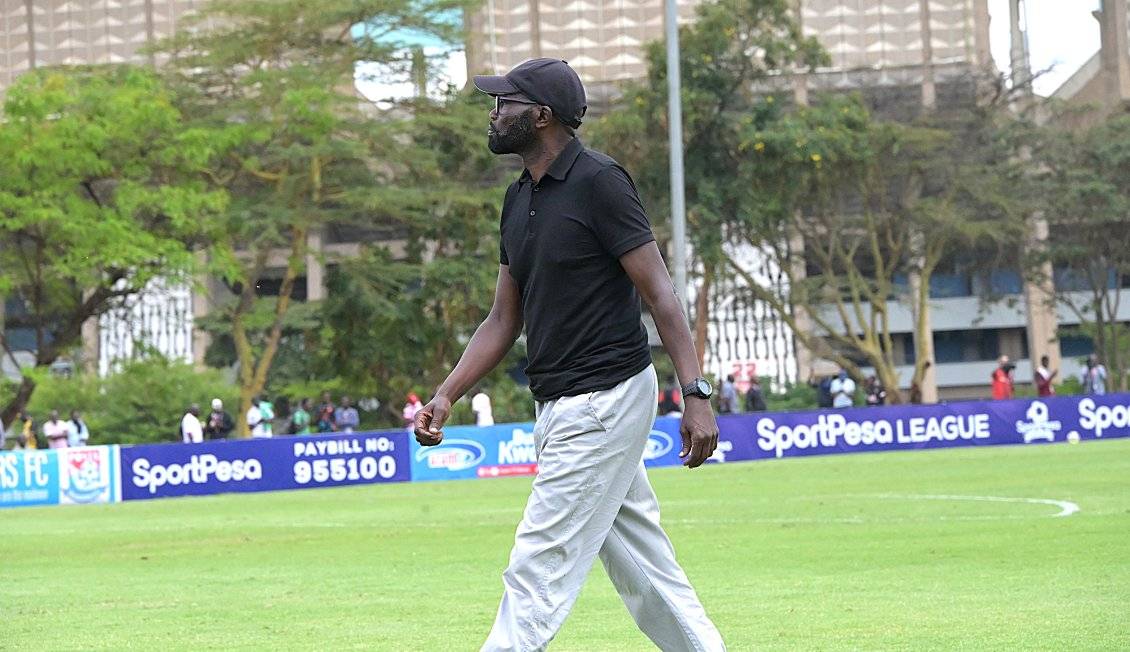South Sudanese peace monitor says time running out with little clarity on elections

Peace monitors convened in Juba on Thursday to discuss the position of the Revitalised Transitional Government of National Unity and various parties regarding the election process.
The Reconstituted Joint Monitoring and Evaluation Commission (RJMEC), headed by Kenyan Major General (Rtd) Charles Gituai, has raised concerns about the lack of clarity surrounding South Sudan's upcoming elections, scheduled for December, with little time left for preparation.
Peace monitors convened in Juba on Thursday to discuss the position of the Revitalised Transitional Government of National Unity and various parties regarding the election process.
More To Read
- South Sudan and Somalia eye group stage in FIFA Arab Cup 2025 qualifiers
- From silence to strength: South Sudan women leaders speak out and drive change
- MSF demands protection of civilians after deadly attack in Upper Nile State, South Sudan
- South Sudan on high alert as Marburg outbreak emerges across border in Ethiopia
- Millions of lives at risk, warn UN food agencies, as hunger crisis worsens
- South Sudan President ousts vice president in abrupt purge, deepening uncertainty in Juba
During the meeting, the RJMEC chairperson provided a comprehensive update on the status of implementing the Revitalised Agreement on the Resolution of the Conflict in South Sudan.
"Also, critical election-related tasks remain outstanding, and time is fast running out," he said.
The peace monitor, who has consistently expressed scepticism about the feasibility of holding elections in the East African country, emphasised the crucial need for a permanent constitution.
Gituai stressed that the constitutional process must ensure it is genuinely led and embraced by the people.
 South Sudanese President Salva Kiir (R) shakes hands with First Vice President Riek Machar as he ttends his swearing-in ceremony at the State House in Juba,on February 22, 2020, South Sudan. - South Sudan rebel leader Riek Machar was sworn in as first vice president on February 22, 2020, formally rejoining the government in the latest bid to bring peace to a nation ravaged by war. Machar has been sworn in following years of civil war between his SPLA-IO and President Salva Kiir’s SPLA, leaving 400,000 South Sudanese dead. (Photo by ALEX MCBRIDE / AFP)
South Sudanese President Salva Kiir (R) shakes hands with First Vice President Riek Machar as he ttends his swearing-in ceremony at the State House in Juba,on February 22, 2020, South Sudan. - South Sudan rebel leader Riek Machar was sworn in as first vice president on February 22, 2020, formally rejoining the government in the latest bid to bring peace to a nation ravaged by war. Machar has been sworn in following years of civil war between his SPLA-IO and President Salva Kiir’s SPLA, leaving 400,000 South Sudanese dead. (Photo by ALEX MCBRIDE / AFP)South Sudanese President Salva Kiir (R) shakes hands with First Vice President Riek Machar as he ttends his swearing-in ceremony at the State House in Juba,on February 22, 2020, South Sudan. - South Sudan rebel leader Riek Machar was sworn in as first vice president on February 22, 2020, formally rejoining the government in the latest bid to bring peace to a nation ravaged by war. Machar has been sworn in following years of civil war between his SPLA-IO and President Salva Kiir’s SPLA, leaving 400,000 South Sudanese dead. (Photo by ALEX MCBRIDE / AFP)
"The making of 'a people-led and people-owned permanent constitution' within the transitional period is one of the cardinal promises made by the parties to the Revitalised Peace Agreement to the people of South Sudan, and this constitutional moment should not be lost," he noted during the meeting in Juba.
According to the Sudan Tribune, Gituai emphasised the need for sustained inter-party dialogue in a collegial manner, building consensus amongst the parties and the stakeholders on the way forward on elections, and providing regular updates to the public on the progress of dialogue.
He argued for the requisite resources and logistics for the agreement institutions and mechanisms to enable them to discharge their mandates.
After gaining independence in 2011 from Sudan, the world's youngest country was engulfed in civil war from 2013 when President Salva Kiir ousted his deputy, Riek Machar.
The war ended with the signing of a peace agreement in 2018 that brought the two rivals together.
The agreement, including clear deadlines for enactment of laws, enacting the constitution and putting in place relevant institutions, was due to lapse in 2022 with the holding of general elections that would usher in a democratically elected government.
Kiir's Sudan People's Liberation Movement (SPLM) maintains that elections will be held as scheduled in December and that they are ready to contest.
 South Africa President Cyril Ramaphosa with Dr Riek Machar Teny, First Vice President of the Republic of South Sudan in Juba on April 7, 2024. (Photo X/PresidencyZA)
South Africa President Cyril Ramaphosa with Dr Riek Machar Teny, First Vice President of the Republic of South Sudan in Juba on April 7, 2024. (Photo X/PresidencyZA)
Top Stories Today














































